In today’s fast-paced world, emerging technologies in medicine are doing more than just improving healthcare — they’re saving lives. From AI-powered diagnostics to robotic surgeries and wearable health monitors, innovation is reshaping the future of medicine right before our eyes. Whether you’re a student dreaming of working in healthcare or simply curious about how technology impacts our lives, it’s worth exploring these life-changing advancements.
1. Artificial Intelligence (AI) in Diagnostics
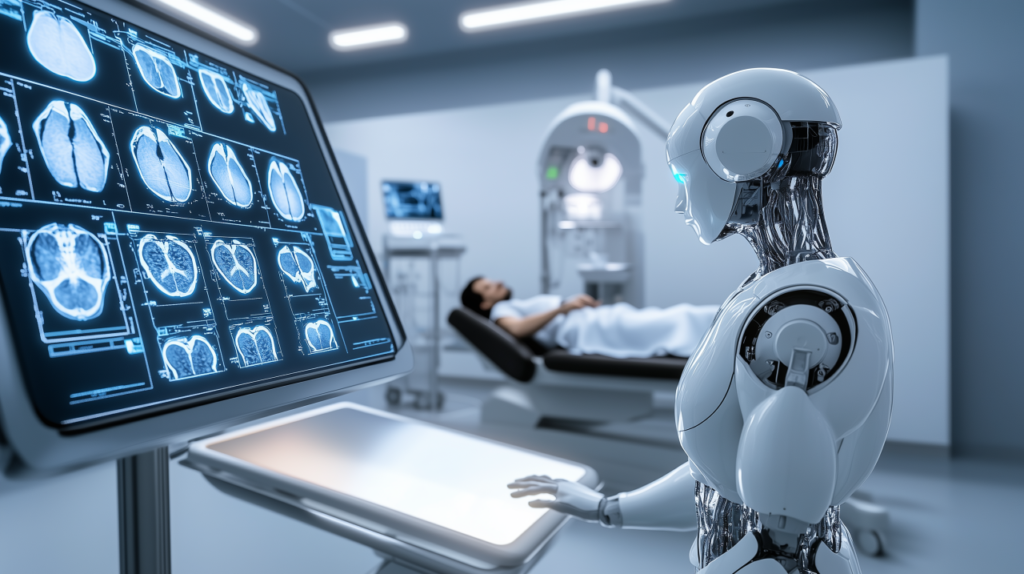
Artificial Intelligence in medicine has moved from theory to reality. Machine learning algorithms can now detect diseases earlier and more accurately than ever before. For example:
- AI tools like Google’s DeepMind have demonstrated greater accuracy than human radiologists when identifying breast cancer in mammograms.
- Apps like SkinVision allow users to take a photo of a skin spot and get an early risk assessment for skin cancer within minutes.
Why it matters:
Early detection saves lives. Cancers, heart disease, and other conditions are far easier to treat when caught early. AI is becoming an extra set of eyes, ensuring nothing gets missed.
🔥 Fact: A study published in The Lancet Digital Health found that AI can match or outperform clinicians in diagnosing diseases based on medical imaging.
2. Telemedicine – Healthcare Without Borders

Remember when visiting a doctor meant taking a whole day off work or school? Telemedicine has changed that forever.
With platforms like Teladoc or Amwell, you can:
- Consult a doctor via video call.
- Get prescriptions online.
- Access specialists across the country without leaving home.
Why it matters:
Telemedicine broke barriers during the COVID-19 pandemic, and it’s here to stay. It’s especially crucial for rural areas where hospitals are miles away.
📈 Stat: According to McKinsey, telehealth usage has stabilized at levels 38 times higher than before the pandemic.
3. Wearable Health Tech

From smartwatches that track your heart rate to fitness trackers that monitor sleep patterns, wearable technology in healthcare is making a huge impact.
Modern wearables can:
- Detect irregular heartbeats (atrial fibrillation) — like Apple Watch’s ECG feature.
- Alert diabetics of blood sugar drops with continuous glucose monitors.
- Monitor breathing patterns for early signs of respiratory illness.
Why it matters:
These devices empower people to take control of their own health, catching warning signs before they become emergencies.
4. Robotic Surgery – Precision That Saves Lives

Robotic-assisted surgery allows doctors to perform complex procedures with extreme precision, smaller incisions, and faster recovery times.
Systems like the Da Vinci Surgical System have been game-changers in:
- Prostate surgery.
- Heart valve repair.
- Kidney transplants.
Why it matters:
Robotic surgery reduces complications, shortens hospital stays, and decreases recovery time — allowing patients to return to normal life faster.
🤖 Cool Fact: Over 1 million robotic surgeries are performed worldwide every year!
5. 3D Printing in Medicine
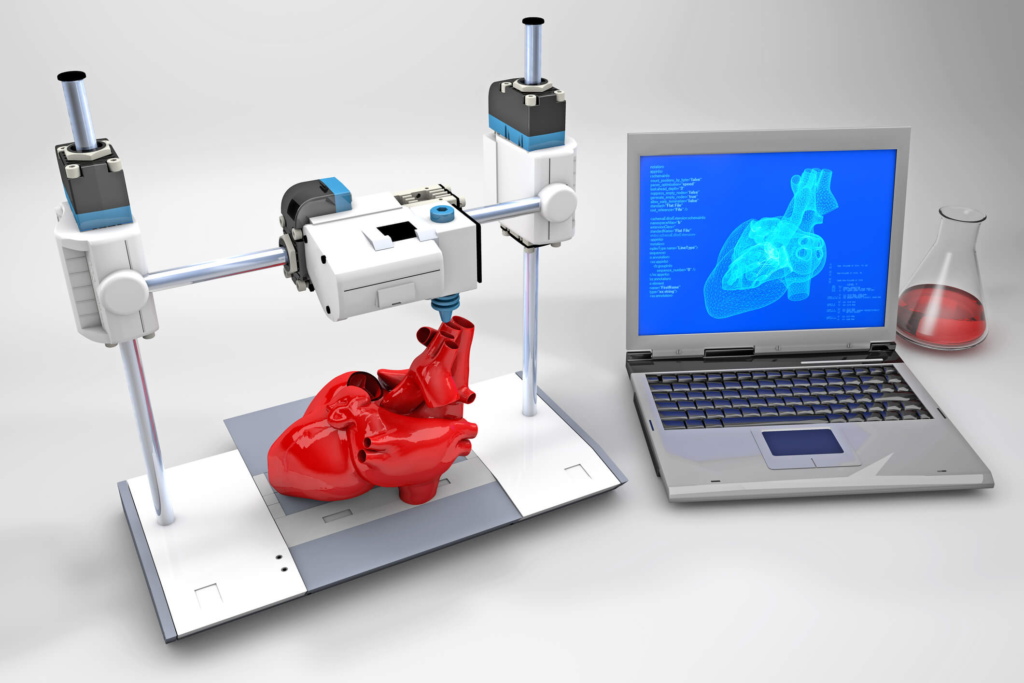
Yes, you read that right — 3D printers are being used in hospitals!
Doctors now use 3D printing to:
- Create patient-specific implants and prosthetics.
- Build custom surgical tools.
- Even print living tissues and organs (in early experimental stages).
Why it matters:
Personalized care improves treatment outcomes, and custom-made implants are changing the lives of people who once had limited options.
6. Gene Editing – A Future Without Genetic Diseases?
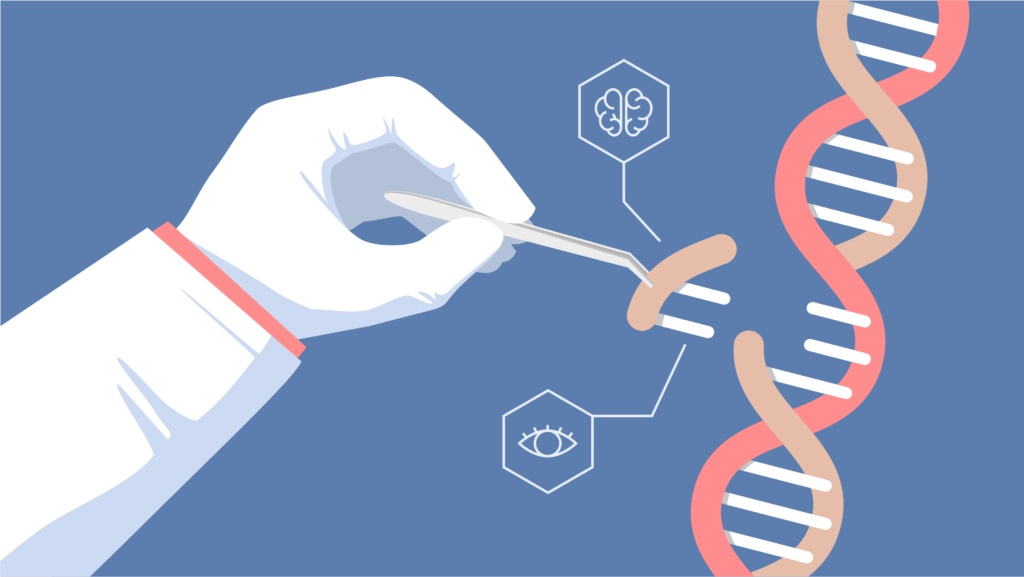
CRISPR technology allows scientists to “edit” genes, potentially curing genetic diseases at their source.
Clinical trials are already underway for conditions like:
- Sickle cell anemia.
- Cystic fibrosis.
- Certain types of cancer.
Why it matters:
Imagine a world where diseases passed through generations can be erased. Gene editing holds that promise, although ethical debates about its use are ongoing.
7. Virtual Reality (VR) in Therapy and Training

VR in healthcare isn’t just about gaming — it’s helping real people heal and learn.
VR is now used to:
- Train surgeons with realistic simulations.
- Help PTSD patients confront trauma safely.
- Manage chronic pain without heavy medication.
Why it matters:
This technology is expanding both education and treatment options, offering immersive solutions that were unimaginable a decade ago.
The Future of Healthcare: Personalized, Accessible, and Preventive
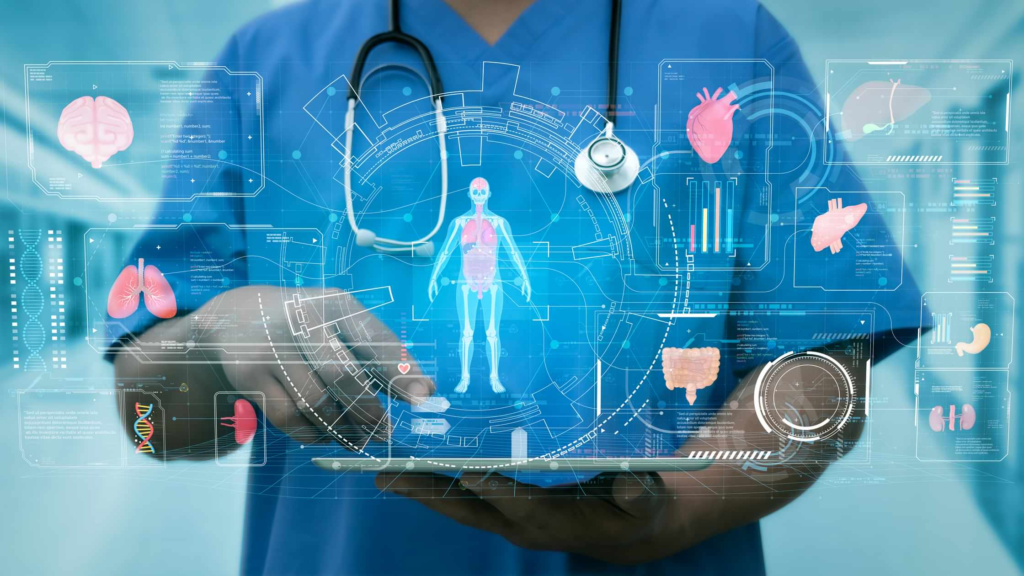
The future of medicine is moving toward personalized treatment, greater accessibility, and proactive care. Thanks to technology, healthcare is no longer reactive — it’s preventive, predictive, and patient-centered.
But with great power comes great responsibility. As we adopt AI, gene editing, and digital health solutions, it’s crucial to ensure ethical practices, patient privacy, and equal access for all.
Final Thoughts
Whether it’s an AI system detecting cancer earlier, a wearable device alerting you to heart problems, or a 3D-printed implant saving a life, emerging medical technologies are not just futuristic fantasies — they are saving lives today.
If you’re a young person inspired by technology or medicine, there has never been a more exciting time to jump in. The future of healthcare needs brilliant minds — maybe yours!
Read this Next:
1 Better Economy: The Power of Financial Education at Any Age
2 Best Free Mobile Games that are Addictive in 2025
3 The Best Films and Series That Mix Romance and Fantasy
4 The Ultimate Guide to Quality Sleep that Will Make Your Life Better
5 Easy Extra Income Options That Need Minimal Investment

© YourCoinBlox. Not to be reproduced without perm

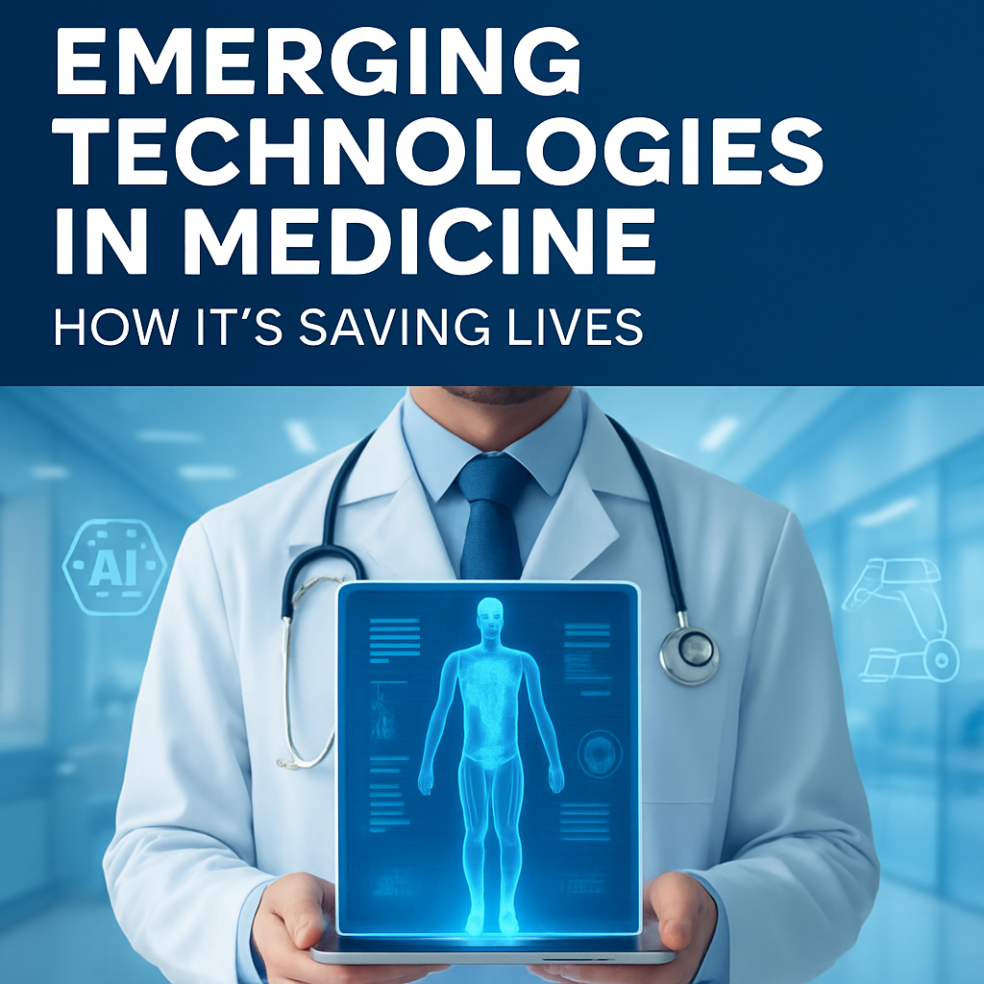
3 thoughts on “Emerging Technologies in Medicine – How It’s Saving Lives”
Checking out wj2casino. The interface looks interesting. What about the payouts? Share your wins and losses! A new casino on the block: wj2casino
Alright, alright, alright… okkingbet! Had some good luck there recently. Lots of options and pretty smooth overall. Highly recommend okkingbet okkingbet
Yo! Wanted to share my experience with b52shot. I’m enjoying the different games they offer and the overall experience is really good. Definitely worth trying. See what they’ve got at b52shot.